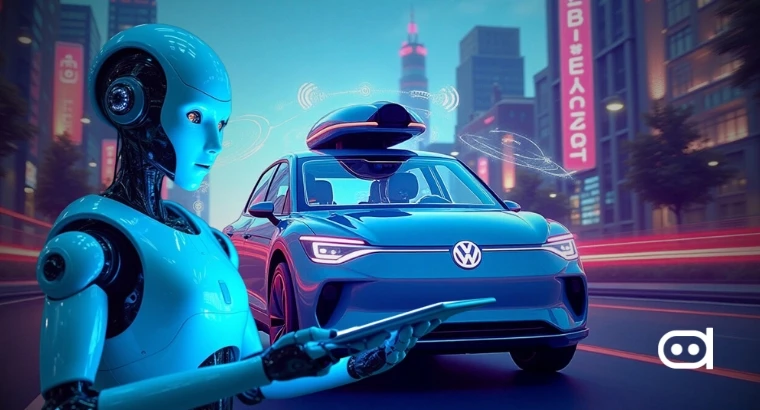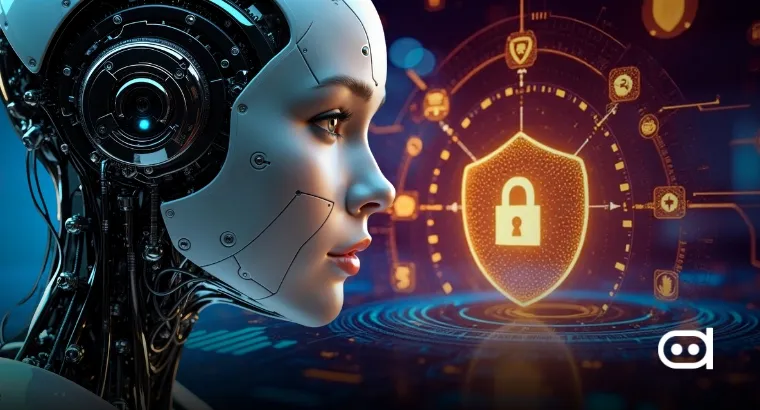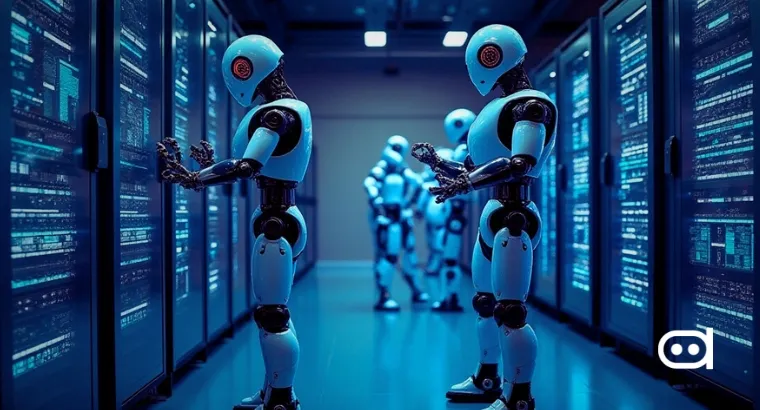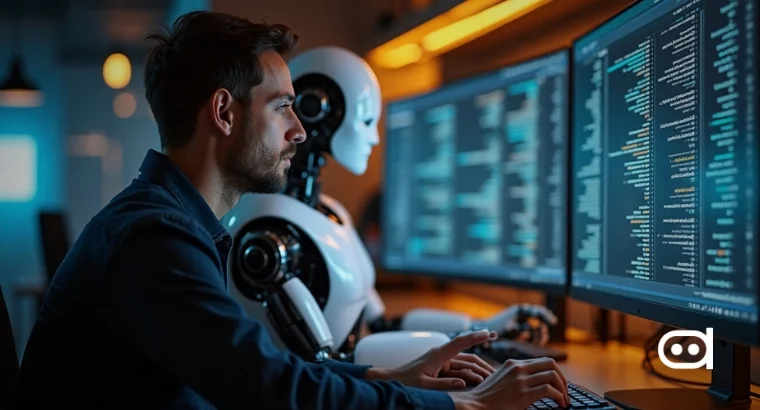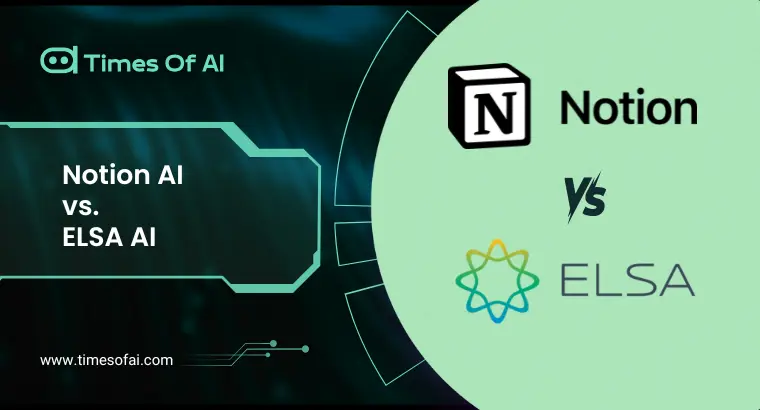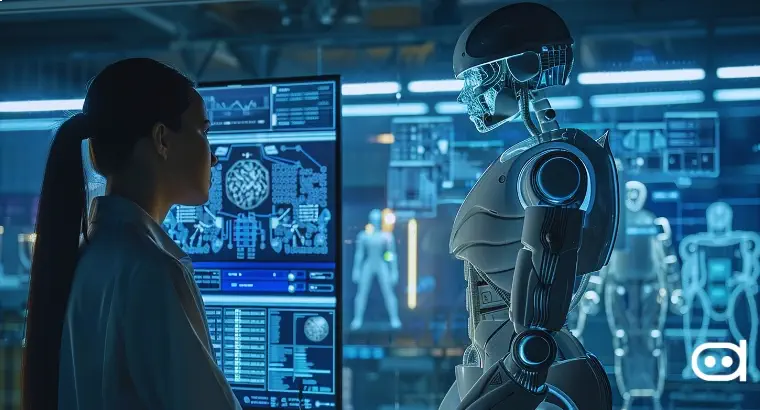
- In a thought-provoking discussion, Mo Gawdat explores a future where human innovation is overshadowed by artificial intelligence. Gawdat suggests that the era of human-led creativity is nearing its end, with machines poised to become the most intelligent entities in the room.
- This shift, he argues, will redefine innovation and creativity, ushering in a new era dominated by AI. The implications of such a transformation are profound, challenging our notions of progress, creativity, and the human role in a rapidly evolving technological landscape.
The Argument for Machine Dominance
According to Mo Gawdat, the next stage of human innovation is already here. When AI development continues to progress at rates that go beyond what humans can achieve, machines are destined to outshine man in intelligence. The basis for Gawdat’s argument lies in the fact that machines have immense learning capabilities and great computational power, which enables them to become primary agents of creativity. This marked a departure from the traditional approach towards creativity and solving problems, which has been solely centered on humans.
Historical Context and Technological Progress
Historically, human innovation is what made things move forward. It is humankind that was responsible for bringing about such inventions as the wheel or the internet. However, with AI, the paradigm shifted completely. In contrast to people, machines do not have cognitive biases or physical limitations. Such ones have an enormous processing capacity to process large amounts of data, thereby identifying patterns and developing solutions faster than any person can achieve with his mind and hands. In this case, human methods of innovation may become needless.
Implications for Creativity and the Workforce
Machine-led innovation raises questions about whether human imagination will still be needed in future years. Will algorithms replace artists, authors, or inventors? According to Gawdat, AI could help increase creativity, yet it might also overtake human creators too soon. Besides that, transformation will take place within the labor market, making jobs based on routine activities or data analysis automated, hence prompting a call for retraining as well as new roles that involve working jointly with AI systems.
Ethical and Societal Considerations
When we embrace the potentiality of AI, various ethical issues arise within society. The idea of inequality arises due to job displacement as well as changes in creative dynamics resulting from the introduction of a new technology called Artificial Intelligence (AI). Additionally machines’ decision-making abilities must be questioned so they follow moral rules set forth herein. In this case, Gawdat insists that AI should always be developed with a focus on improving humanity and avoiding technologies that would promote already existing divisions in society.
Read More:Unlocking Startup Success with AI: Realities vs. Myth
A Collaborative FutureNevertheless:
Gawdat imagines a future where humans and machines will collaborate to steer innovation. Instead of seeing AI as a threat, he argues that it should be seen as an accomplice. This could mean revolutionizing numerous other industries, such as healthcare and science. By combining the strengths of both humans and computers, we can build a better future wherein both sides benefit equally from one another, thus spurring new levels of creativity and innovation.
Conclusion
Mo Gawdat’s thinking urges us to reconsider what lies ahead for the next wave of innovations. Thus, machine intelligence is blurring the boundaries between human creativity and problem-solving because they are starting to become smarter than people themselves. The main point is not to fear but to change our ways so that we can adjust ourselves to the possibilities presented by artificial intelligence. Thus, fostering collaboration with AI will ensure its continued growth, therefore benefiting all mankind. The future of innovation may be machine-led, but it is up to us to guide it with wisdom and foresight.

